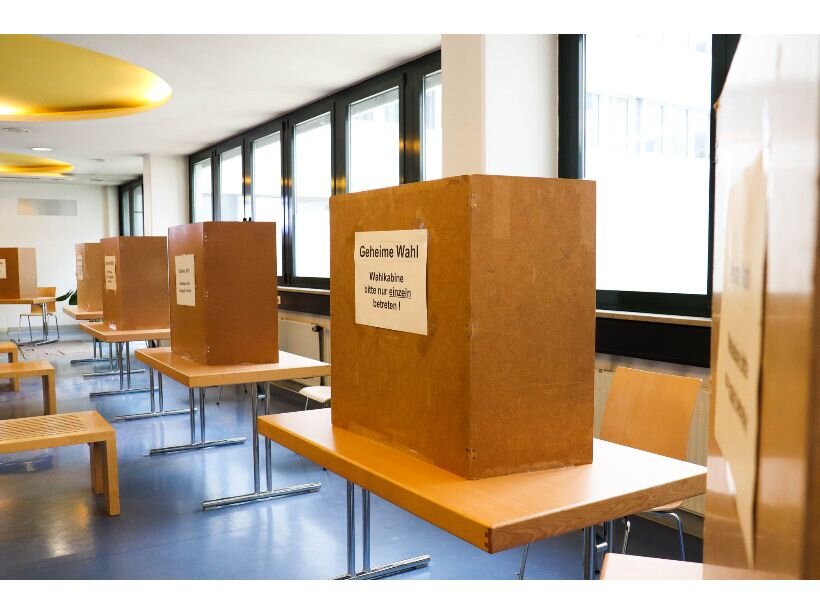Election Day - Wahlen in Deutschland - How it Works
Die Wahlkabine
On Sunday, the "Bundestagswahl" takes place in Germany. A "Partei" is elected, and a new "Bundeskanzler" or "Bundeskanzlerin" is chosen. The "Bundestagswahl" happens every four years.
Who can vote?
To be eligible to vote in Germany, the following conditions must be met:
Residence: The person must have lived in Germany since June 26 or longer.
Registration: The person must be registered in Munich or any other city. This means that the authorities officially know that they live there.
Minimum age: The person must be "volljährig", which means at least 18 years old.
Nationality: The person must have a German "Pass".
Additionally, people under full legal care (rechtliche Betreuung in allen Angelegenheiten) are also "wahlberechtigt". * (see explanation below)
How does the election process work?
Since I am registered in Munich, I received a "Wahlbenachrichtigung" at the beginning of September. This document informs me about my nearest "Wahlraum", whether it is accessible, and how to apply for absentee ballots (Briefwahlunterlagen). If I know that I won’t be in Munich on election day, I apply for "Briefwahl".
Two votes on the "Stimmzettel"
Polling stations are open from 8:00 to 18:00. Each voter has two "Stimmen" on the "Stimmzettel":
First vote (Erststimme): Here, I place a "Kreuz" next to a candidate whose ideology I support and who represents my "Werte". This vote determines who directly represents my district in the "Bundestag".
Second vote (Zweitstimme): With this vote, I choose a "Partei" that I believe best represents my goals and values. The more "Zweitstimmen" a "Partei" gets, the more seats it has in the "Bundestag".
Your vote counts!
Make a good choice on Sunday – for a strong future!
How do elections work in your country? Let us know in the comments!
Would you like to learn more about German culture and language to upgrade your life? Our highly qualified, native German teachers make each German lesson special. Learn with inspiring, remarkable methodologies – in a fun, easy, and tremendously effective way!
Vocabulary:
die Bundestagswahl – federal election
die Partei (Pl. die Parteien) – political party
der Bundeskanzler/ die Bundeskanzlerin – chancellor (male/female)
die Wahlbenachrichtigung – election notification
der Wahlraum: der Ort, an dem du zum Wählen gehst – polling station
die Briefwahlunterlagen: die Dokumente, die du per Post bekommst, damit wählst und zurückschickst – absentee ballot documents
der Stimmzettel: das Blatt Papier, wo du genau deine Kreuze machst – ballot paper
die Erststimme – first vote
die Zweitstimme – second vote
das Kreuz – cross (mark on the ballot)
der Wert (Pl. die Werte) – value
wahlberechtigt – eligible to vote
Would you like to learn more about the German culture and the language to give your life a real upgrade?
Our highly qualified, native German, great teachers make each German lesson special.
Learn with inspiring, remarkable methodologies, accordingly to our special and proofen teaching concept in an enjoyable, and tremendously effective way.
Schedule your free consultation call to tell us about your unique situation, your goals, and to see how we could support you the best possible way:
*"Rechtliche Betreuung in allen Angelegenheiten" means full legal guardianship. This applies to adults who, due to mental or physical disabilities, are unable to manage their own affairs. A court appoints a legal guardian (Betreuer), who makes decisions on their behalf, covering all aspects of life, including finances, health care, and legal matters. Normally, people under full legal guardianship were excluded from voting, but since 2019, they have the right to vote in Germany.
die Briefwahl


